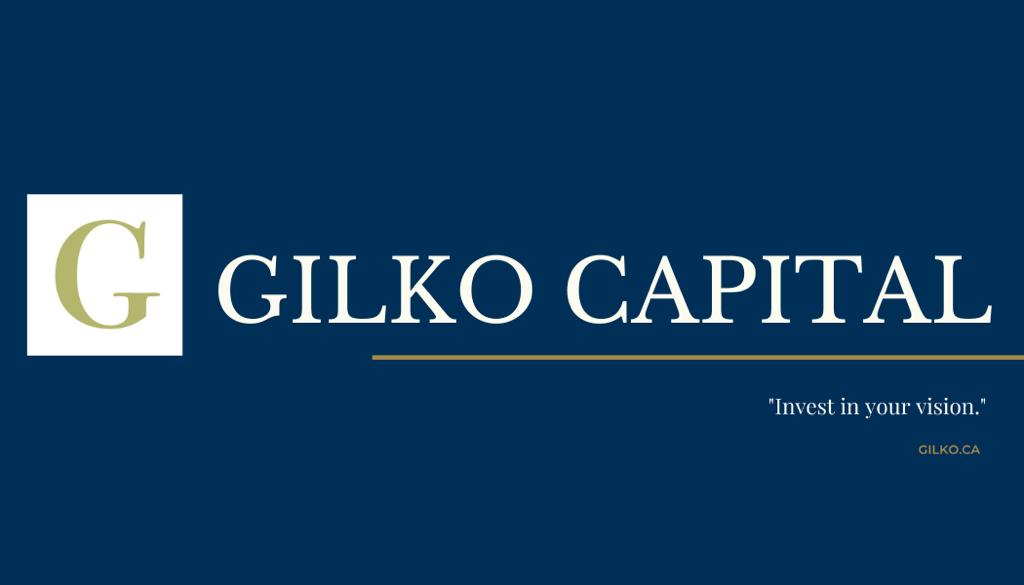Self-storage facilities have become increasingly popular in recent years, offering a lucrative opportunity for investors and developers alike. With more people looking for extra space to store their belongings, the demand for self-storage facilities is only expected to grow. If you are considering investing in or developing a self-storage facility in Canada, there are several important factors you need to consider from a financing perspective. In this article, we will explore what you need to know about self-storage financing in Canada.
- The Current State of the Self-Storage Market in Canada
Before diving into financing options, it is important to understand the current state of the self-storage market in Canada. According to a recent report by the Self Storage Association of Canada, the Canadian self-storage market has experienced consistent growth over the past few years. As of 2020, there were over 4,200 self-storage facilities in Canada, totaling more than 47 million square feet of rentable space. The report also noted that the demand for self-storage is expected to continue to grow due to population growth, urbanization and increasing consumerism.
- Financing Options for Self-Storage Facilities in Canada
There are several financing options available for self-storage facilities in Canada, including traditional bank loans, government-backed loans and private equity. Each option has its own pros and cons, and it is important to do your research and assess which option is the best fit for your specific project.
Traditional Bank Loans: Many banks offer commercial real estate loans for self-storage facilities, typically with a term of 5 to 10 years. These loans often require a down payment of 20% or more and the interest rates can vary based on the lender and your creditworthiness.
Government-Backed Loans: The Canada Small Business Financing Program (CSBFP) is a government-backed loan program that can be used to finance the purchase or improvement of commercial real estate, including self-storage facilities. This program offers up to $1 million in financing and the loan term can range from 1 to 10 years.
Private Equity: Private equity firms and real estate investment trusts (REITs) are another option for financing self-storage facilities. These investors typically offer higher loan amounts than traditional bank loans, but the interest rates may be higher as well.
- Factors That Affect Self-Storage Financing in Canada
There are several factors that can affect your ability to secure financing for a self-storage facility in Canada. These include:
Location: The location of the facility can have a significant impact on its profitability and therefore its financing options. Self-storage facilities located in urban areas or areas with high population density may be more attractive to lenders.
Occupancy Rates: Lenders will also look at the occupancy rates of existing self-storage facilities in the area when considering financing for a new facility. If the occupancy rates are high, it may be easier to secure financing.
Construction Costs: The cost to construct a self-storage facility can vary greatly depending on factors such as location, size and building materials. Lenders will assess the construction costs to determine the amount of financing they are willing to offer.
Conclusion
Investing in or developing a self-storage facility in Canada can be a profitable venture, but it is important to understand the financing options and factors that can affect your ability to secure financing. With the right financing and careful planning, a self-storage facility can be a valuable addition to your real estate portfolio. Contact GILKO CAPITAL for more information on self-storage financing options.

